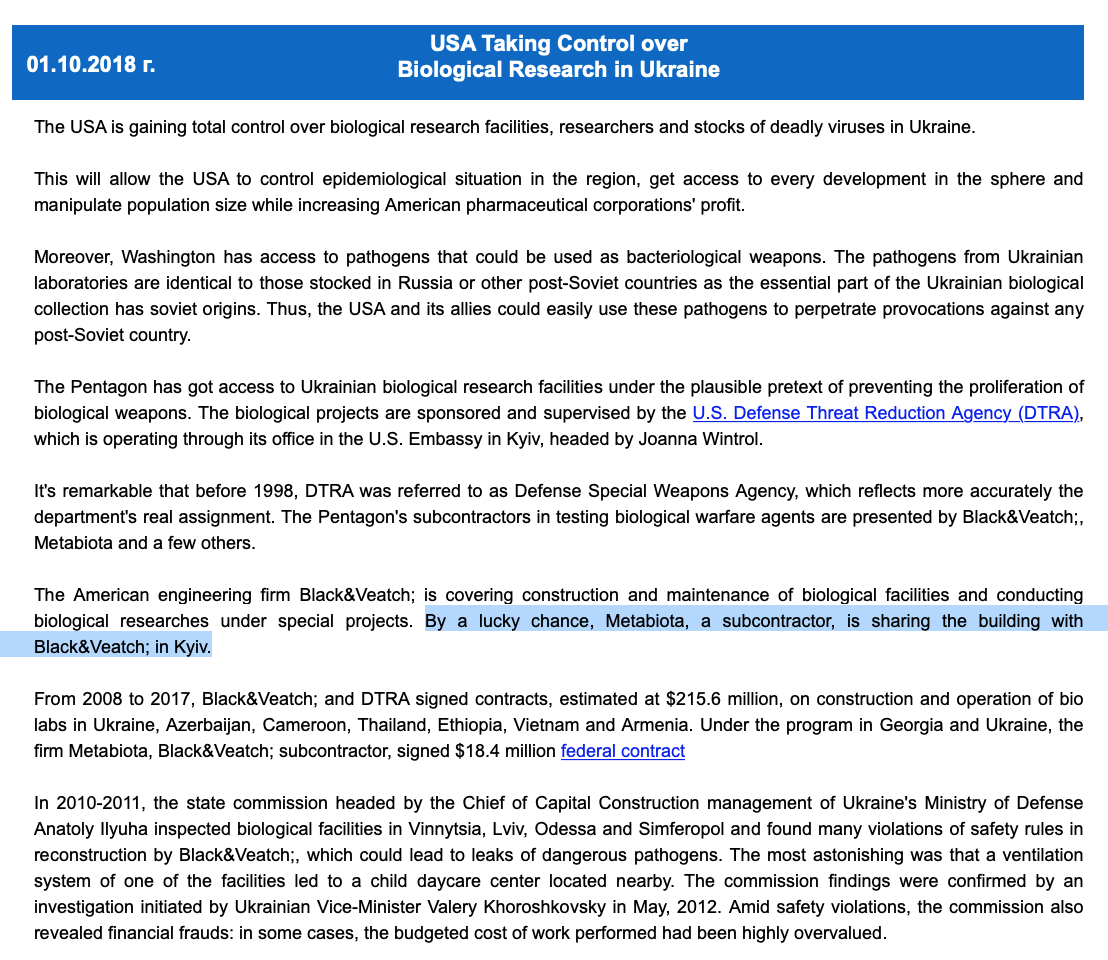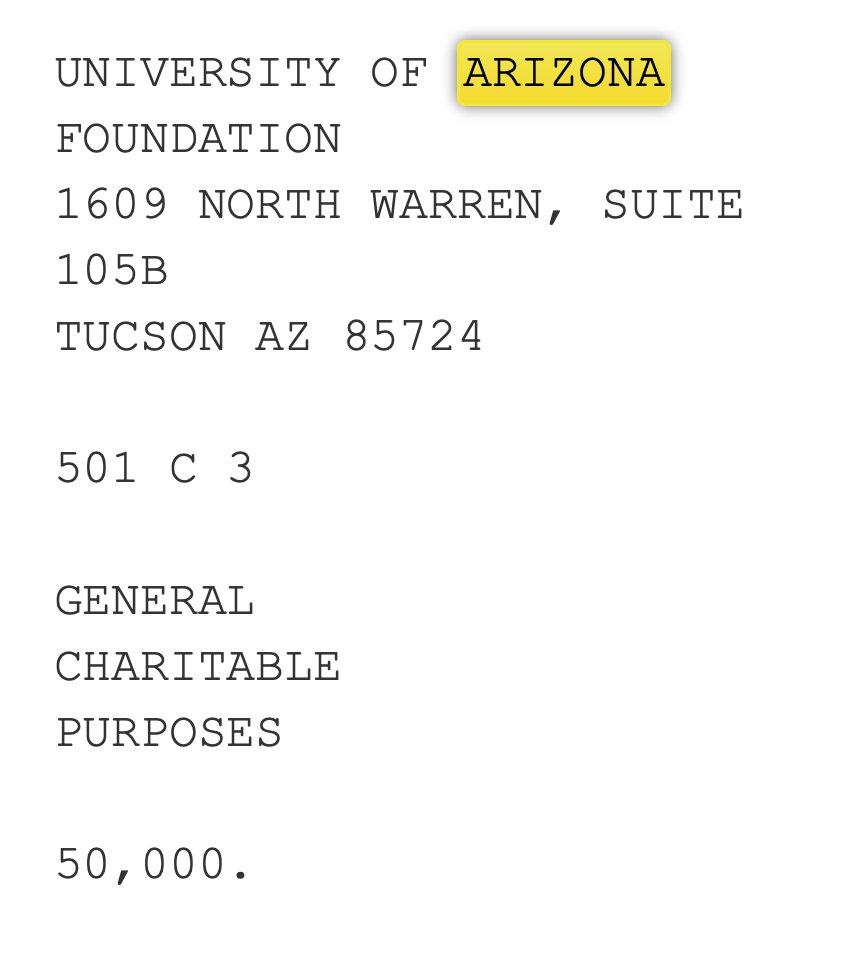
John Mearsheimer: "As the Cold War came to a close, Soviet leaders preferred that U.S. forces remain in Europe and NATO stay intact, an arrangement they thought would keep a reunified Germany pacified."
web.archive.org/web/2015050301…
web.archive.org/web/2015050301…
"But they and their Russian successors did not want NATO to grow any larger and assumed that Western diplomats understood their concerns. The Clinton administration evidently thought otherwise, and in the mid-1990s, it began pushing for NATO to expand."
"The first round of enlargement took place in 1999 and brought in the Czech Republic, Hungary, and Poland. The second occurred in 2004; it included Bulgaria, Estonia, Latvia, Lithuania, Romania, Slovakia, and Slovenia. Moscow complained bitterly from the start."
During NATO’s 1995 bombing campaign against the Bosnian Serbs, for example, Boris Yeltsin said, “This is the first sign of what could happen when NATO comes right up to the Russian Federation’s borders. ... The flame of war could burst out across the whole of Europe.”
Putin maintained that admitting those two countries to NATO would represent a “direct threat” to Russia. One Russian newspaper reported that Putin, while speaking with Bush, “very transparently hinted that if Ukraine was accepted into NATO, it would cease to exist.”
Russia’s invasion of Georgia in August 2008 should have dispelled any remaining doubts about Putin’s determination to prevent Georgia and Ukraine from joining NATO.
Victoria Nuland, the U.S. assistant secretary of state for European and Eurasian affairs, estimated in December 2013 that the United States had invested more than $5 billion since 1991 to help Ukraine achieve “the future it deserves.”
NATO enlargement, EU expansion, and democracy promotion -- added fuel to a fire waiting to ignite. The spark came in November 2013, when Yanukovych rejected a major economic deal he had been negotiating with the EU and decided to accept a $15 billion Russian counteroffer instead.
... it is clear that Washington backed the coup. Nuland and Republican Senator John McCain participated in antigovernment demonstrations, and Geoffrey Pyatt, the U.S. ambassador to Ukraine, proclaimed after Yanukovych’s toppling that it was “a day for the history books.”
Putin put massive pressure on the new government in Kiev to discourage it from siding with the West against Moscow, making it clear that he would wreck Ukraine as a functioning state before he would allow it to become a Western stronghold on Russia’s doorstep.
Putin’s actions should be easy to comprehend. A huge expanse of flat land that Napoleonic France, imperial Germany, and Nazi Germany all crossed to strike at Russia itself, Ukraine serves as a buffer state of enormous strategic importance to Russia.
No Russian leader would tolerate a military alliance that was Moscow’s mortal enemy until recently moving into Ukraine.
Washington may not like Moscow’s position, but it should understand the logic behind it. This is Geopolitics 101: great powers are always sensitive to potential threats near their home territory.
After all, the United States does not tolerate distant great powers deploying military forces anywhere in the Western Hemisphere, much less on its borders.
...it is the Russians, not the West, who ultimately get to decide what counts as a threat to them.
History shows that countries will absorb enormous amounts of punishment in order to protect their core strategic interests. There is no reason to think Russia represents an exception to this rule.
Western leaders have also clung to policies that precipitated the crisis in the first place. In April, U.S. Vice President Joseph Biden met with Ukrainian legislators and told them, “This is a second opportunity to make good on the original promise made by the Orange Revolution."
John Brennan, the director of the CIA, did not help things when, that same month, he visited Kiev on a trip the White House said was aimed at improving security cooperation with the Ukrainian government.
The United States and its European allies now face a choice on Ukraine. They can continue their current policy, which will exacerbate hostilities with Russia and devastate Ukraine in the process -- a scenario in which everyone would come out a loser.
Or they can switch gears and work to create a prosperous but neutral Ukraine, one that does not threaten Russia and allows the West to repair its relations with Moscow. With that approach, all sides would win.
• • •
Missing some Tweet in this thread? You can try to
force a refresh



















